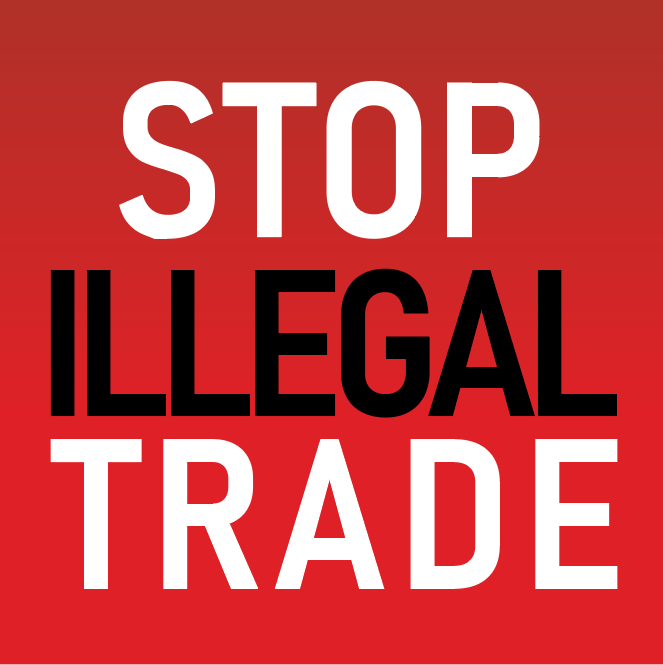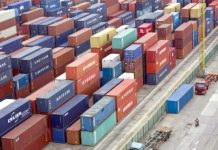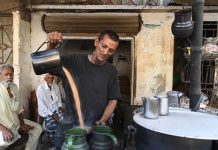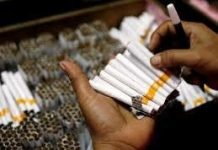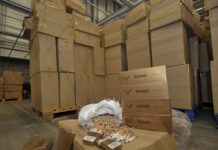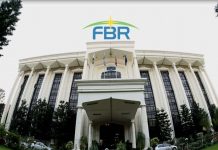Islamabad: According to the Sustainable Development Policy Institute (SDPI), taxation policies towards the legal tobacco industry in Pakistan needs the correct narrative through actual and updated data, which must also include accurate statistics about the market share of illicit tobacco products.
Sustainable Development Policy Institute (SDPI) organized a webinar “’Illicit, illegal or smuggled tobacco products in Pakistan – deconstructing tobacco industry’s narratives,’ which some renowned trade experts joined. The main objective of their discussion was to highlight the significance of utilizing accurate data about illegal tobacco trade whilst structuring tax policies for the tax-paying tobacco industry.
One of the trade experts who joined the webinar was Dr. Karam Elahi, Additional Collector, Pakistan Customs, Federal Bureau of Revenue (FBR). He highlighted that lack of data accuracy, research, and documentation has always been a significant contributor to Pakistan’s plummeting economy, and the same is the case with our tobacco industry. He asserted that it is high time Pakistan’s government started focusing on controlling the trade, smuggling, and local manufacturing of illicit tobacco products, specifically cigarettes. Furthermore, for agile monitoring of the non-taxpaying illegal tobacco sector, a political agreement should be placed with revised tax policies to solve the current challenges prevailing in the tobacco industry.
Khurram Hashmi, Country Lead of The Union, suggested that the government should also consider the well-being of the general public whilst making these policies. The illegal tobacco trade isn’t just a danger for the tax-paying manufacturers and traders of tobacco products as it takes up their market share and sales. It’s also a hazard for Pakistanis who switch to smuggled, illegal, and tax-evaded tobacco products that are much cheaper but of inferior quality.
The Executive Director at The Initiative, Dr. Amina Khan, emphasized that procedures must be implemented for timely and regularly updating the facts and figures on tobacco consumption in Pakistan with detailed information of the suppliers, importers, and manufacturers. She stressed that improving data accuracy will help the concerned authorities make correct decisions about the illicit tobacco trade in Pakistan and tax evasion in the sector.
Waseem Janjua from SDPI revealed that every 1 in 6 cigarette packs consumed could be illegal in Pakistan. However, various tobacco companies often misguided the government, and concerned personnel infiltrate the illicit tobacco trade statistics to influence taxation plans.

